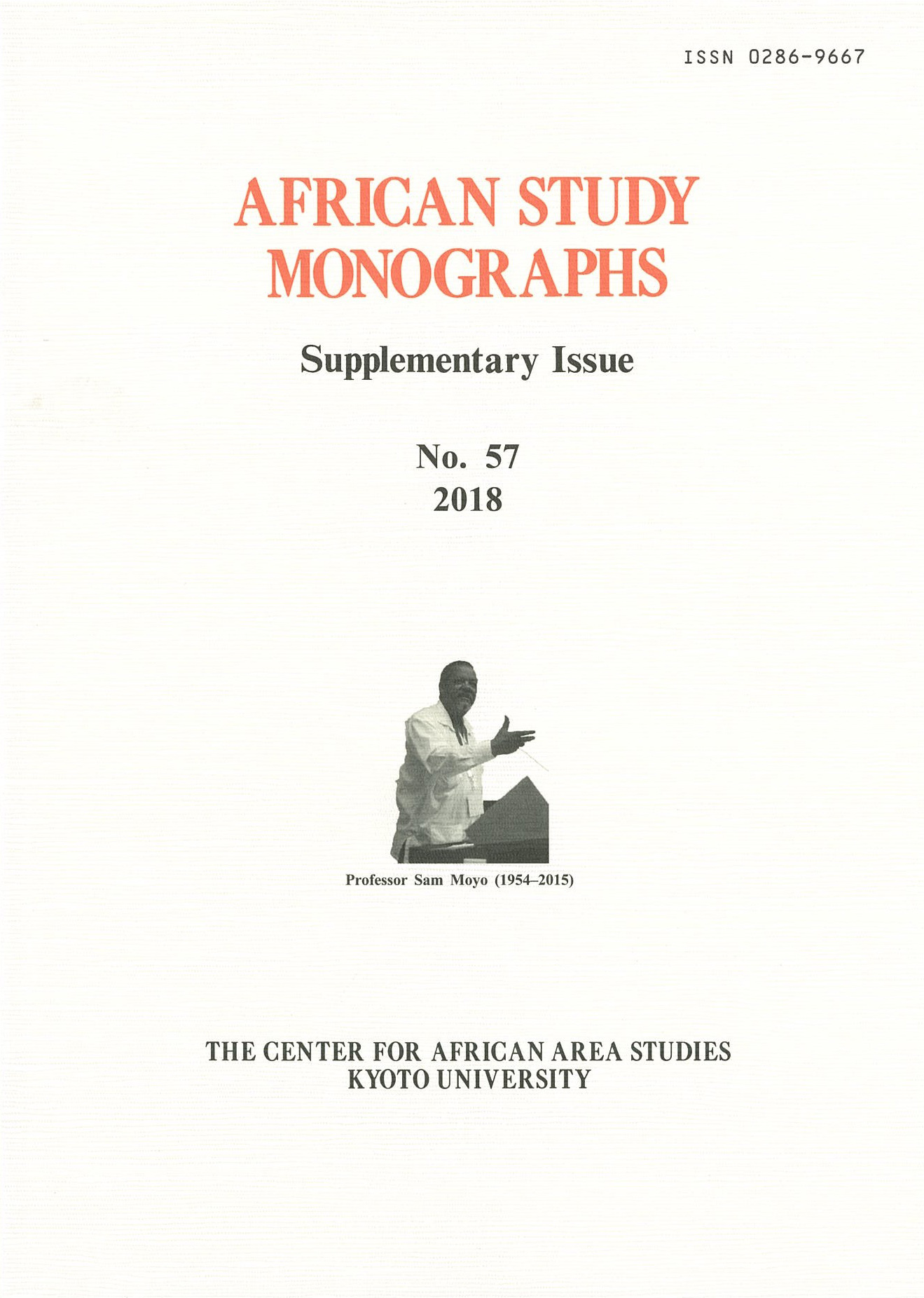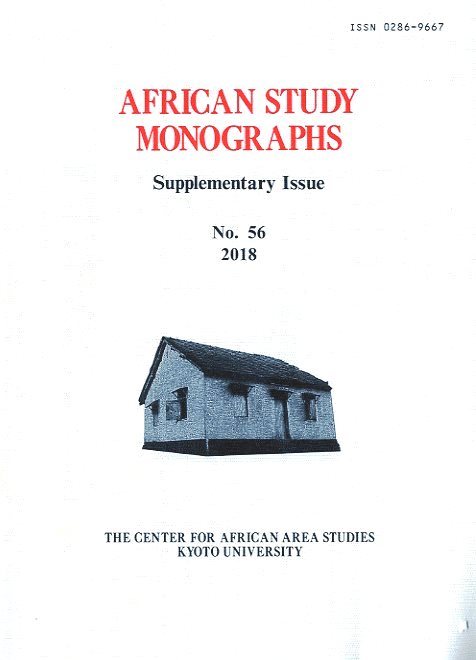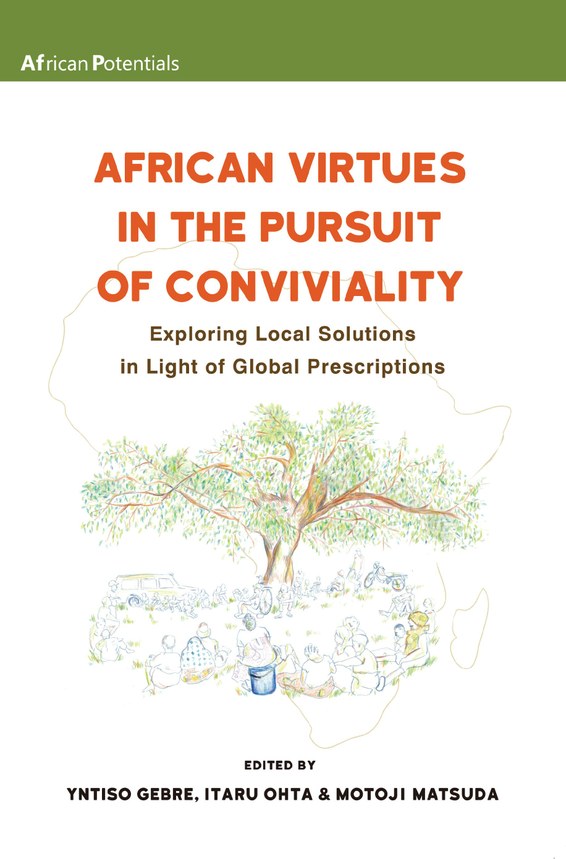Date and Time: January 30, 2021 (Saturday), 15:10 – 17:00
Venue: held as a video conference
Before the meeting, all members offered a silent prayer for the repose of the soul of Professor Samson Wasara (Juba University), who passed away suddenly in Khartoum on December 29, 2020. Eisei Kurimoto (Osaka University) delivered a condolence message. Professor Wasara was a key member of this project and has made significant contributions since the first Africa Forum held in Nairobi in December 2011.
This plenary session was held according to the following program.
- Opening Remarks: Motoji Matsuda (Kyoto University, Japan)
Comments - 1.Kennedy Mkutu (United States International University, Kenya)
- 2.Francis B. Nyamnjoh (University of Cape Town, South Africa)
- 3.Itaru Ohta (Kyoto University, Japan)
- 4.Edward Kirumira (Stellenbosch Institute for Advanced Study, South Africa)
- 5.Yaw Ofosu-Kusi (University of Energy and Natural Resources, Sunyani, Ghana)
- 6.Eisei Kurimoto (Osaka University, Japan)
- 7.Michael Neocosmos (Rhodes University, South Africa)
- 8.Motoji Matsuda (Kyoto University, Japan)
- General Discussion: Itaru Ohta (Chair person)
- Closing Remarks: Misa Hirano-Nomoto
First, the project leader, Motoji Matsuda (Kyoto University), summarized the project’s objectives and activities over the past ten years, from the first phase (2011–2015) to the second phase (2016–2020). This project has focused on indigenous ways of thinking and techniques used by African people to solve various challenges. It has also examined how they are transforming in the contexts of post-colonialism and globalization, what we can learn from them to renew the humanities and social sciences, and what kind of knowledge we can produce.
We have made various efforts in this process. Among them are the nine African Forums held annually in various African cities, which have been particularly effective in refining the idea of “African Potentials” and building a network between African and Japanese researchers.
Matsuda also discussed the characteristics of African potential, dividing it into three categories: “Fluidity and Flexibility,” “Incompleteness and Multiplicity,” and “Bricolage (Conviviality).”
Some of the project’s results will be published in the following seven volumes of English papers. Volumes 1–5 are scheduled for publication in March 2021, and volumes 6–7 in July 2021.
Volume 1
Title: African Politics of Survival: Extraversion and Informality in the Contemporary World
Editors: Mitsugi Endo (The University of Tokyo), Ato Kwamena Onoma (CODESRIA) and Michael Neocosmos (Rhodes University)
Volume 2
Title: Knowledge, Education and Social Structure in Africa
Editors: Shoko Yamada (Nagoya University), Akira Takada (Kyoto University) and Shose Kessi (University of Cape Town)
Volume 3
Title: People, Predicaments and Potentials in Africa
Editors: Takehiko Ochiai (Ryukoku University), Misa Hirano-Nomoto (Kyoto University) and Daniel E. Agbiboa (Harvard University)
Volume 4
Title: Development and Subsistence in Globalising Africa: Beyond the Dichotomy
Editors: Motoki Takahashi (Kyoto University), Shuichi Oyama (Kyoto University) and Herinjatovo Aimé Ramiarison (University of Antananarivo)
Volume 5
Title: Dynamism in African Languages and Literature: Towards Conceptualisation of African Potentials
Editors: Keiko Takemura (Osaka University) and Francis B. Nyamnjoh (University of Cape Town)
Volume 6
Title: ‘African Potentials’ for Wildlife Conservation and Natural Resource Management: Against the Images of ‘Deficiency’ and Tyranny of ‘Fortress’
Editors: Toshio Meguro (Hiroshima City University), Chihiro Ito (Fukuoka University) and Kariuki Kirigia (McGill University)
Volume 7
Title: Contemporary Gender and Sexuality in Africa: African-Japanese Anthropological Approach
Editors: Wakana Shiino (Tokyo University of Foreign Studies) and Christine Mbabazi Mpyangu (Makerere University)



